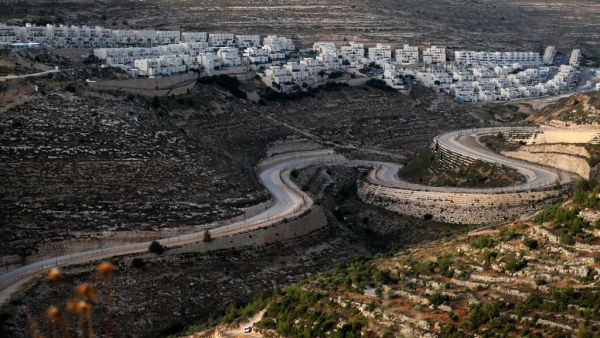Israel's Supreme Court struck down a law on Tuesday that had retroactively legalised about 4,000 settler homes built on privately owned Palestinian land in the occupied West Bank.
A nine-judge panel voted to repeal the 2017 measure, under which settlers could remain on land if they built there without prior knowledge of Palestinian ownership, or if homes were built at the state's direction. Eight voted in favour and one against.
Rights groups say the measure, which was frozen soon after passage while the court heard petitions against it, had legalised more than 50 settler outposts built without government approval.
The law "unequally infringes on the property rights of Palestinian residents while giving preference to the proprietary interests of Israeli settlers", Chief Justice Esther Hayut wrote in the panel's ruling.
Prime Minister Benjamin Netanyahu's right-wing Likud party said it was "unfortunate" that the court had intervened on "an important law for settlement activity and its future" and that it would work to re-enact it.
But Likud's new coalition partner, Blue and White, said the law "in its format runs counter to the constitutional situation in Israel, and its legal problems were known at the time of its approval".
"We respect the High Court's ruling and (will) ensure it is implemented," Blue and White said.
Under Netanyahu, the government has pledged to extend sovereignty to Jewish settlements and the Jordan Valley in the West Bank, territory Israel captured in the 1967 Middle East war and which Palestinians seek for a state.
The government is due to begin discussing the de facto annexation on July 1, but it is unclear whether Israel's main ally, the US, will give the step the green light.
The Palestinians have rejected US President Donald Trump's peace blueprint, under which most of Israel's settlements would be incorporated into "contiguous Israeli territory".
This article has been adapted from its original source.








